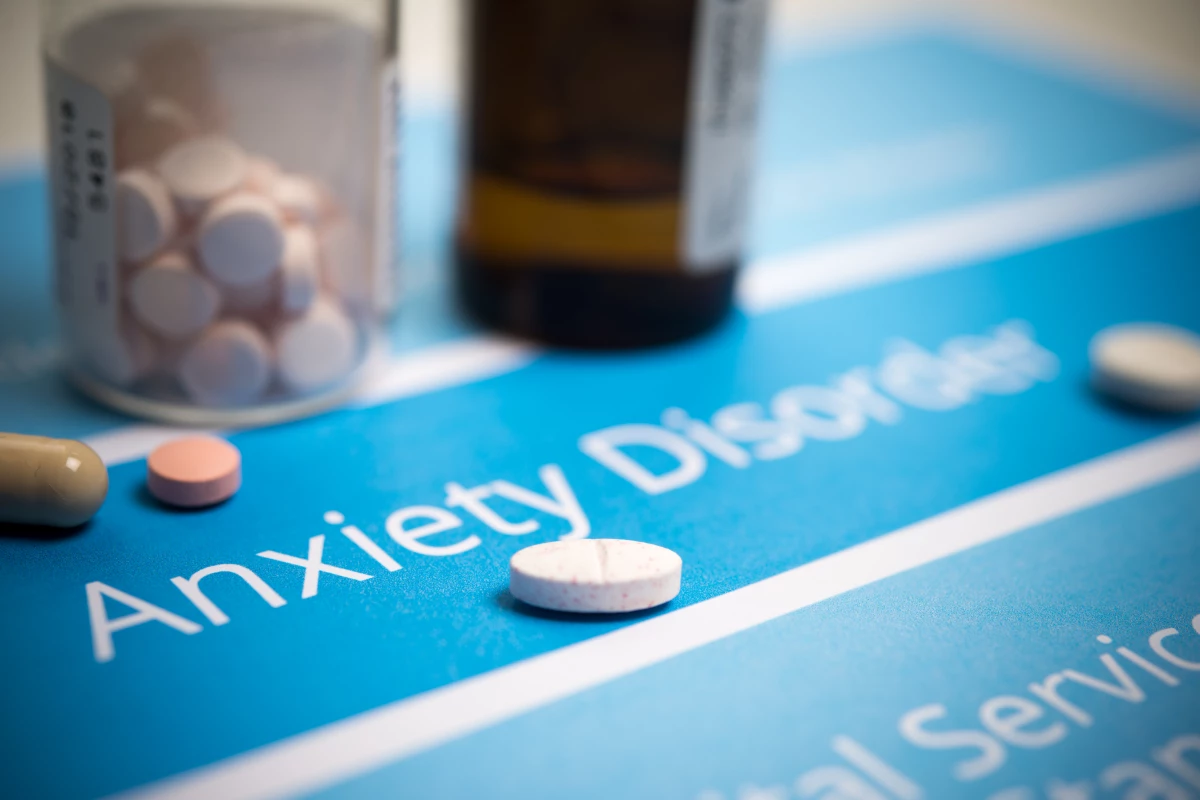An effective single-dose, long-term treatment for anxiety could be within reach, with the phase 2b clinical trial of MM-120 reported to have passed the stage with flying colors. The makers, MindMed, now plan to hold an end-of-phase meeting with the US Food and Drug Administration (FDA) in early 2024, and then get a phase 3 trial under way.
MM-120 is essentially lysergide D-tartrate, which is best known by its abbreviation, LSD. A synthetic tryptamine, this serotonergic hallucinogen acts as a partial agonist at serotonin (5-hydroxytryptamine [5-HT]) 5-HT2A receptors. MindMed has developed a tartrate form of lysergide to treat generalized anxiety disorder (GAD) and, in a separate trial, attention-deficit hyperactivity disorder (ADHD).
The company has reported that the phase 2b clinical trial of 200 participants with GAD symptoms had met its primary endpoint with “positive topline results,” paving the way for taking it to the next trial stage and closer to therapeutic approval.
“Clinically meaningful improvements,” compared to a placebo, were noted in groups on 100 µg and 200 µg doses. MM-120 was reportedly well tolerated, with side effects such as hallucinations and euphoric mood only occurring on dose day.
Not surprisingly, given its one-off dose and it being a standalone drug – so with no psychotherapy aspect to the trial – 90% of the 200 participants completed the four-week trial and 97.5% in the high-dose groups saw it through to the end.
“We are excited by the strong positive results for MM-120 in GAD, particularly given that this is the first study to assess the standalone drug effects of MM-120 in the absence of any psychotherapeutic intervention,” said MindMed director Robert Barrow in a statement. “These promising findings represent a major step forward in our goal to bring a paradigm-shifting treatment to the millions of patients who are profoundly impacted by GAD.”
GAD, which can be a hugely debilitating subtype of anxiety disorder, is hallmarked by chronic excessive worry that can impact work, health and relationships. Of the estimated 6.8 million Americans who have GAD, less than half are receiving any treatment for it.
It’s also notoriously difficult to treat, with around half of those who do seek medical intervention not responding to initial treatment.
In the study, 100 µg of MM-120 administered once, showed remarkable results four weeks later. Using the Hamilton Anxiety Rating Scale (HAM-A), remission rates and Clinical Global Impressions – Severity (CGI-S) scores, the drug’s performance shows great promise.
Looking at clinical response, with a 50% or greater improvement in HAM-A scores after the fourth week, 78% of the participants had significant GAD relief compared to the placebo, while clinical remission – a HAM-A score below seven – was shown in a massive 50% of participants who had received the 100-µg dose.
Overall, participants receiving 100 µg or 200 µg experienced a two-unit improvement in the CGI-S score at the four-week assessment.
“Generalized anxiety disorder is a common condition associated with significant impairment that adversely affects millions of people and there remains a serious unmet need for this patient population,” said Daniel Karlin, Chief Medical Officer of MindMed. “The pharmaceutical industry has largely ignored GAD over recent decades as it has proved extremely difficult to target. Few new treatment options have shown robust activity in GAD since the last new drug approval in 2004, making the strong, rapid, and durable clinical activity of a single dose of MM-120 observed in the trial particularly notable.
“We believe this study is the first to rigorously assess the efficacy of a drug candidate in this class in the absence of a concurrent therapeutic intervention, which brings hope to the millions of people suffering from GAD and provides additional evidence that MM-120 may play an important role in revolutionizing the treatment of brain health disorders,” he added in the statement.
MindMed will share topline 12-week results in the first quarter of 2024. The company is also pushing forward on trials of other drugs for brain health, including standalone autism and ADHD therapeutics.
Source: MindMed





